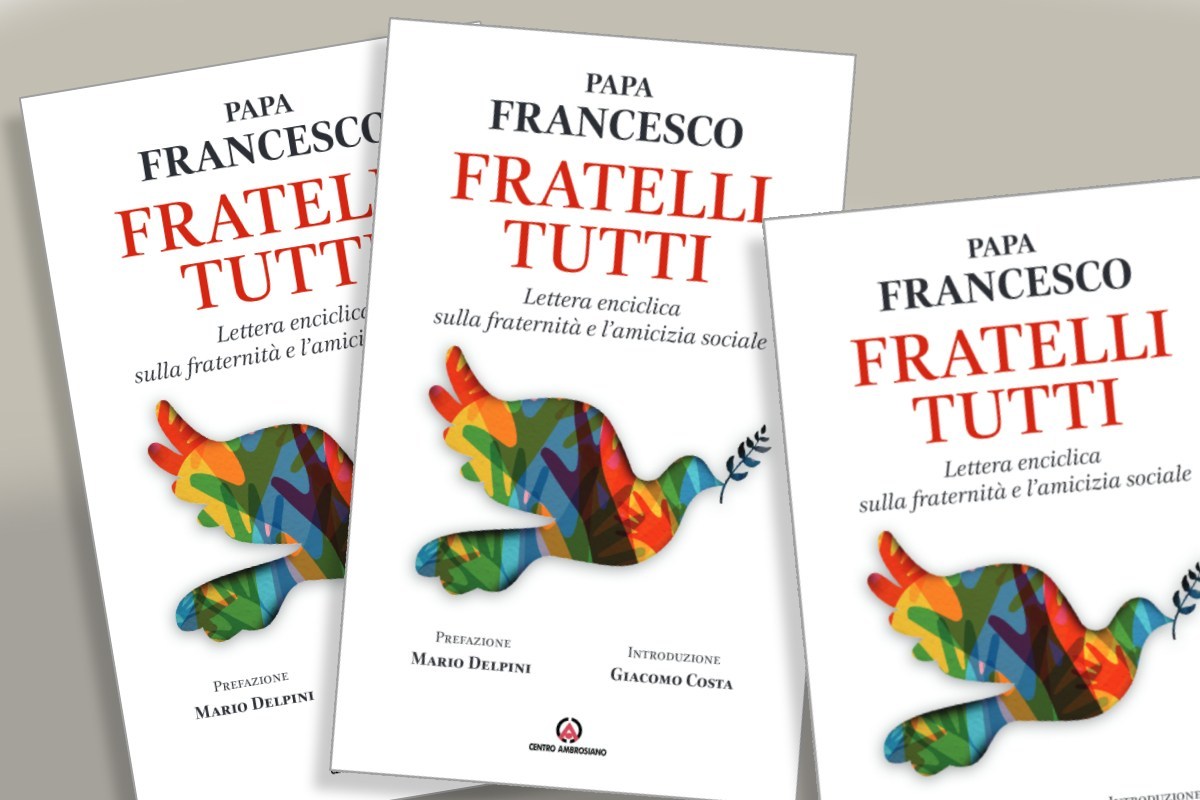
Pope criticizes lack of unity in world’s response to coronavirus
In an encyclical, the most authoritative form of papal teaching, Francis lamented poor cooperation among countries and warned the forces of “myopic, extremist, resentful and aggressive nationalism are on the rise.”
Pope Francis criticized the failures of global cooperation in response to the coronavirus pandemic in a document released on Sunday that underscores the priorities of his pontificate.
“As I was writing this letter, the Covid-19 pandemic unexpectedly erupted, exposing our false securities,” Francis said in the encyclical, the most authoritative form of papal teaching. “Aside from the different ways that various countries responded to the crisis, their inability to work together became quite evident. For all our hyper-connectivity, we witnessed a fragmentation that made it more difficult to resolve problems that affect us all,” he added.
“Anyone who thinks that the only lesson to be learned was the need to improve what we were already doing, or to refine existing systems and regulations, is denying reality,” the pope said.
Released amid another Vatican financial scandal and after changes in church rules regarding sex abuse, the letter steered clear of other contentious subjects. It instead returned often to some of the church’s hobbyhorses, including a secularism that has produced what the church sees as a throwaway, consumerist culture.
Francis argued that this was apparent in the treatment of older people during the pandemic.
“If only we might keep in mind all those elderly persons who died for lack of respirators, partly as a result of the dismantling, year after year, of health care systems. If only this immense sorrow may not prove useless, but enable us to take a step forward toward a new style of life,” he wrote.
The pope also warned that the forces of “myopic, extremist, resentful and aggressive nationalism are on the rise.”
The encyclical, titled “Brothers All,” is a reflection on fraternity and social friendship heavily influenced by St. Francis of Assisi, after whom the pope took his name. The document calls for closeness to the marginalized, support for migrants, resistance of nationalist and tribal populism, and the abolition of the death penalty, but in those respects it broke little new ground.
Francis signed the letter on Saturday in the crypt of the Basilica of St. Francis in the town of Assisi in central Italy, his first trip outside Rome since the coronavirus pandemic prompted Italy to lock downfor nearly three months starting in March.
In the letter, the pope made a connection between the economic globalization that he thinks leaves people behind — writing, “We are asked to believe this dogma of neoliberal faith” — and the spread of the virus, which he said exposed existing inequalities.
“If everything is connected, it is hard to imagine that this global disaster is unrelated to our way of approaching reality, our claim to be absolute masters of our own lives and of all that exists,” he writes. “I do not want to speak of divine retribution, nor would it be sufficient to say that the harm we do to nature is itself the punishment for our offenses.”
Francis expounded on some of his preferred themes including an appeal for peace, justice and fraternity that he has elevated to church teaching. Most of the letter consists of spiritual reflections on love or biblical commentary or esoteric insights (“Concupiscence is not a flaw limited to our own day”).
There are also long tracts about charity and respecting local cultures and outsiders.
